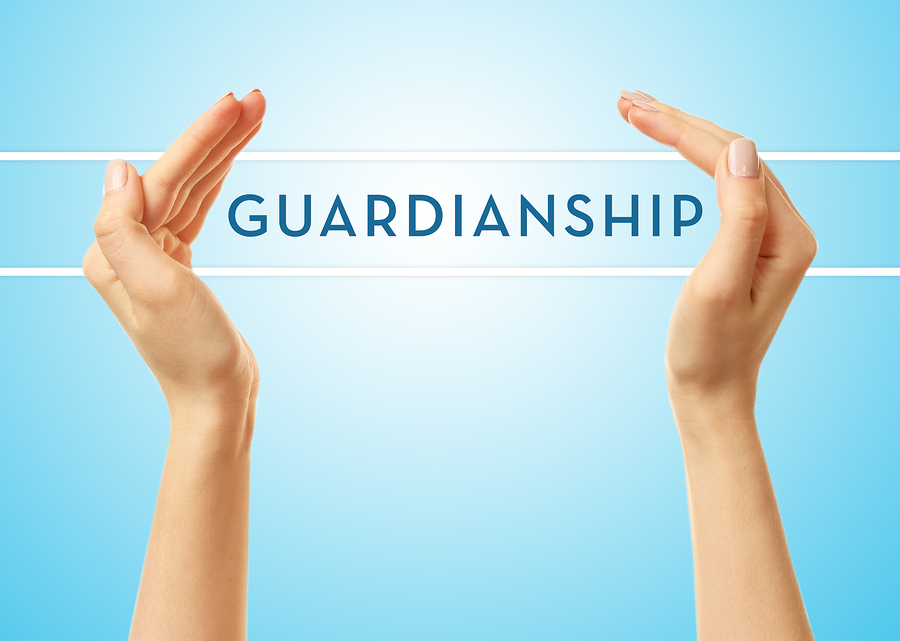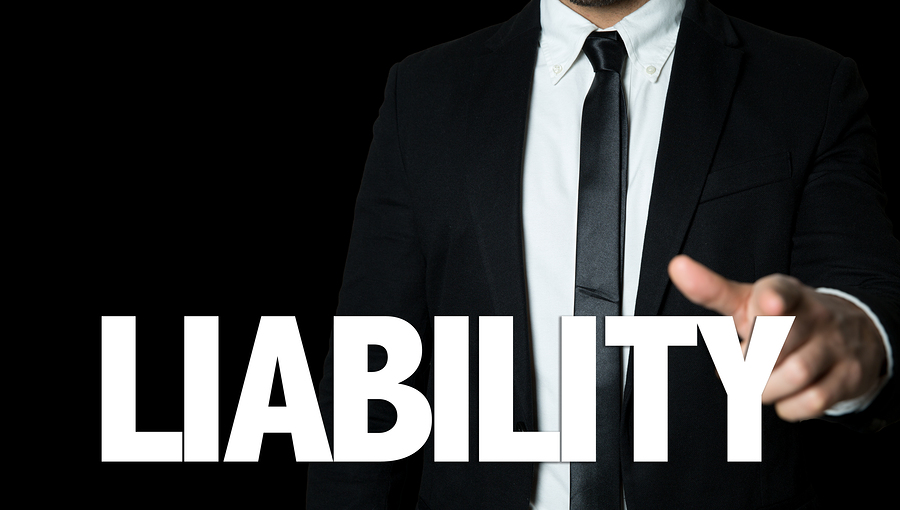 When business partners are on the brink of splitting up, the consequences are often significant. If the business dissolves, employees may lose their jobs. Creditors may go unpaid. The goodwill of the business can be at stake. Legal fees may mount during this time. In order to prevent dissolution or sometimes to minimize the hardship that occurs during this process, the partners may wish to mediate their partnership dispute.
When business partners are on the brink of splitting up, the consequences are often significant. If the business dissolves, employees may lose their jobs. Creditors may go unpaid. The goodwill of the business can be at stake. Legal fees may mount during this time. In order to prevent dissolution or sometimes to minimize the hardship that occurs during this process, the partners may wish to mediate their partnership dispute.
Many business partnerships struggle because they fail to properly plan for the future. With a busy business, partners often focus on running the business, employment disputes, marketing and other aspects of the business. This takes away their focus from the partnership. When things are going well for the business, they may overlook planning. However, when conflict arises, the partners may not be equipped to deal with it effectively.
In order to stop disastrous results, it is important to implement conflict prevention with partners. It is important that the parties define expectations and agree on the proper way to deal with conflicts as they arise. It is often critical to employ the mediation process as early as possible when they are getting along better than after they have become adversaries.
Mediation allows the parties to sit down in a neutral setting and truly focus on their partnership. They are often able to work out difficult problems and resolve interpersonal issues. Mediators are trained at resolving conflict through expressive communication techniques. The mediator can point out the negative possibilities that are associated with not settling the dispute, such as increased legal expenses, loss of employee morale and allowing a judge to decide the fate of the business. With these guidelines, the parties are often able to center their focus on a peaceful resolution of their dispute while retaining the power to make decisions important to their business.





 Trusts and estates disputes may arise for a number of reasons. A will may not be clear regarding which person receives what under the will. When assets are said to be divided among the children, this can create conflict as different items have different significance to the children. Because people tend to want to avoid conversations about death, will may not provide adequate details and people may not talk to their children or other beneficiaries before passing. This can make some parties believe that the testator was influenced by someone who benefited greater by the will. This can lead to a will contest in many situations.
Trusts and estates disputes may arise for a number of reasons. A will may not be clear regarding which person receives what under the will. When assets are said to be divided among the children, this can create conflict as different items have different significance to the children. Because people tend to want to avoid conversations about death, will may not provide adequate details and people may not talk to their children or other beneficiaries before passing. This can make some parties believe that the testator was influenced by someone who benefited greater by the will. This can lead to a will contest in many situations.
 Professional liability cases involve claims that someone has violated their professional duty. This may be a lawyer who violated confidentiality requirements, a physician who committed medical malpractice, an accountant who provided bad information or a financial advisor who violated a fiduciary duty, among others. When such issues arise, a lawsuit may be imminent. However, there are alternatives available, namely through the use of ADR solutions.
Professional liability cases involve claims that someone has violated their professional duty. This may be a lawyer who violated confidentiality requirements, a physician who committed medical malpractice, an accountant who provided bad information or a financial advisor who violated a fiduciary duty, among others. When such issues arise, a lawsuit may be imminent. However, there are alternatives available, namely through the use of ADR solutions. Legal malpractice cases are often quite complex because they involve a case within another case. Such claims often arise when the underlying case was not resolved in the manner that the client wanted, leading him or her to speculate on the possibility of improper action on the part of the attorney whom they hired. In order to avoid some of the negative aspects associated with suing someone’s own lawyer, mediation can be used in place of litigation.
Legal malpractice cases are often quite complex because they involve a case within another case. Such claims often arise when the underlying case was not resolved in the manner that the client wanted, leading him or her to speculate on the possibility of improper action on the part of the attorney whom they hired. In order to avoid some of the negative aspects associated with suing someone’s own lawyer, mediation can be used in place of litigation. When a person has a legal dispute with a profession who he or she hired and the dispute is regarding the professional’s job performance, a professional liability case may arise. This may occur when a lawyer loses a case for a client, an accountant makes an error on a financial form or an architect’s plans for a building do not encapsulate necessary safety features, as a few examples. When problems of this nature arise, the professional’s reputation and livelihood are at stake.
When a person has a legal dispute with a profession who he or she hired and the dispute is regarding the professional’s job performance, a professional liability case may arise. This may occur when a lawyer loses a case for a client, an accountant makes an error on a financial form or an architect’s plans for a building do not encapsulate necessary safety features, as a few examples. When problems of this nature arise, the professional’s reputation and livelihood are at stake. While the United States Supreme Court legalized gay marriage across the country recently in 2015, many states have recognized this union in some form for many more years. This allowed different jurisdictions to recognize a relationship in one area but not in another area. While this has changed, the LGBT community still faces a number of complex family law issues.
While the United States Supreme Court legalized gay marriage across the country recently in 2015, many states have recognized this union in some form for many more years. This allowed different jurisdictions to recognize a relationship in one area but not in another area. While this has changed, the LGBT community still faces a number of complex family law issues.